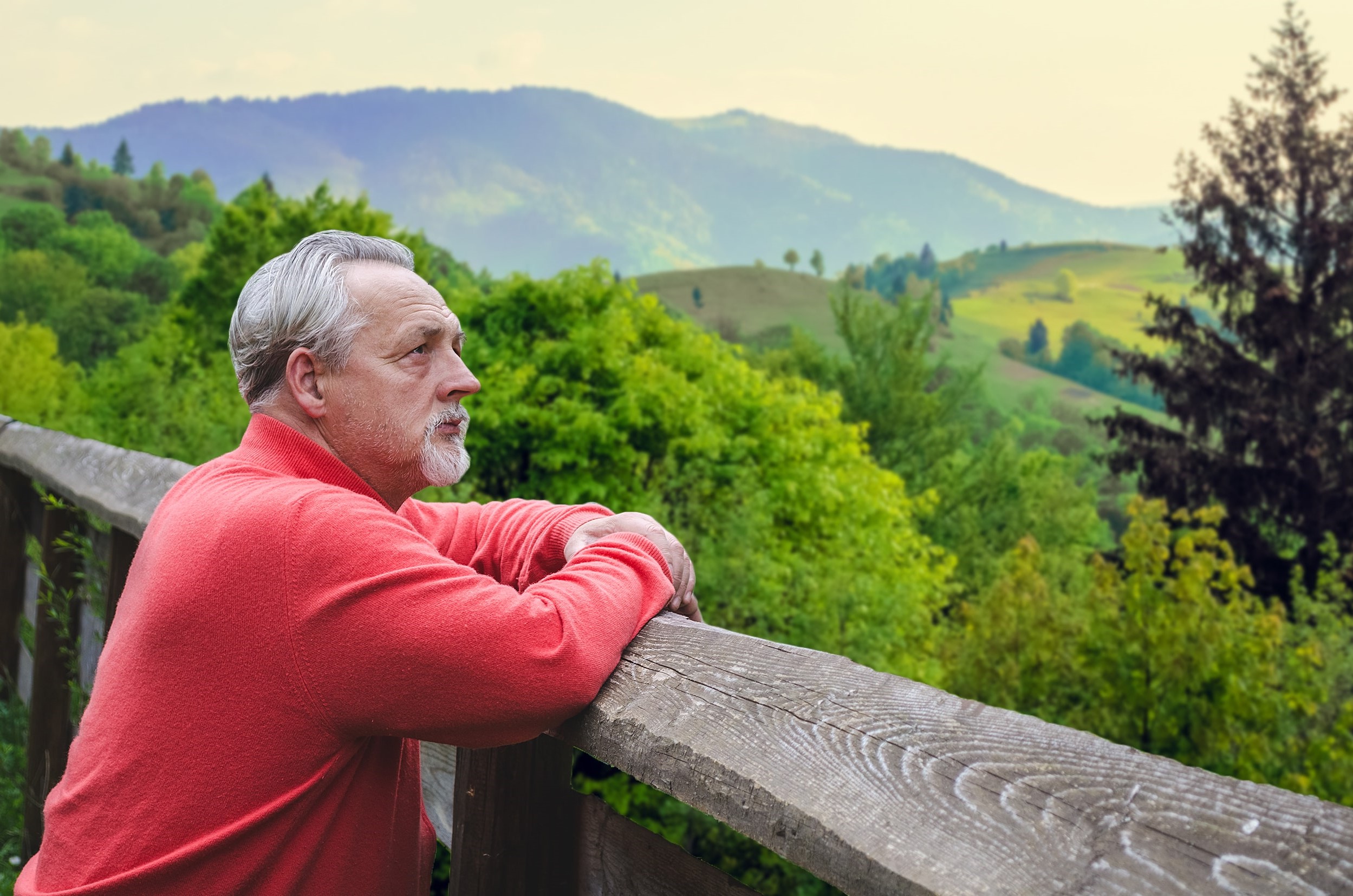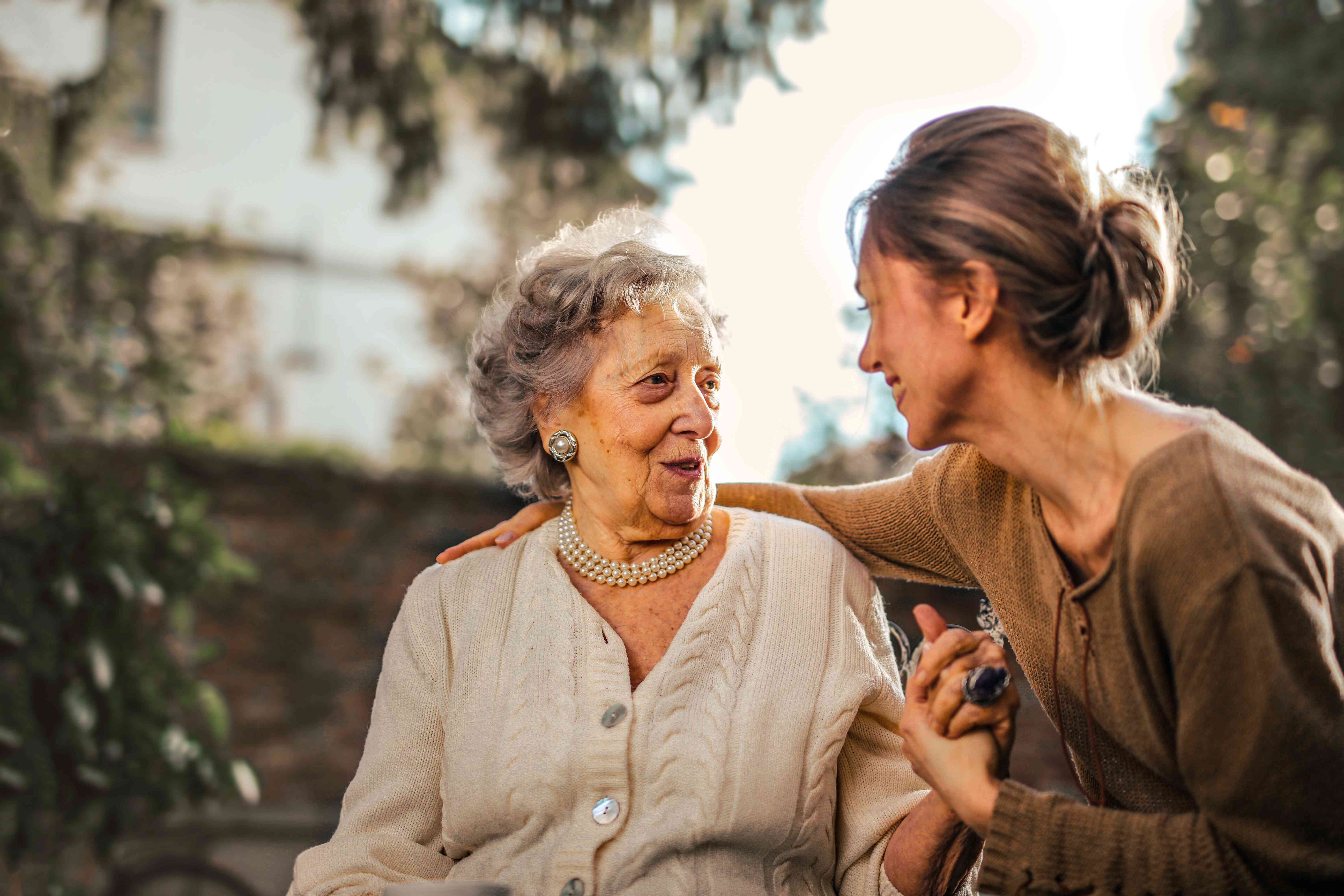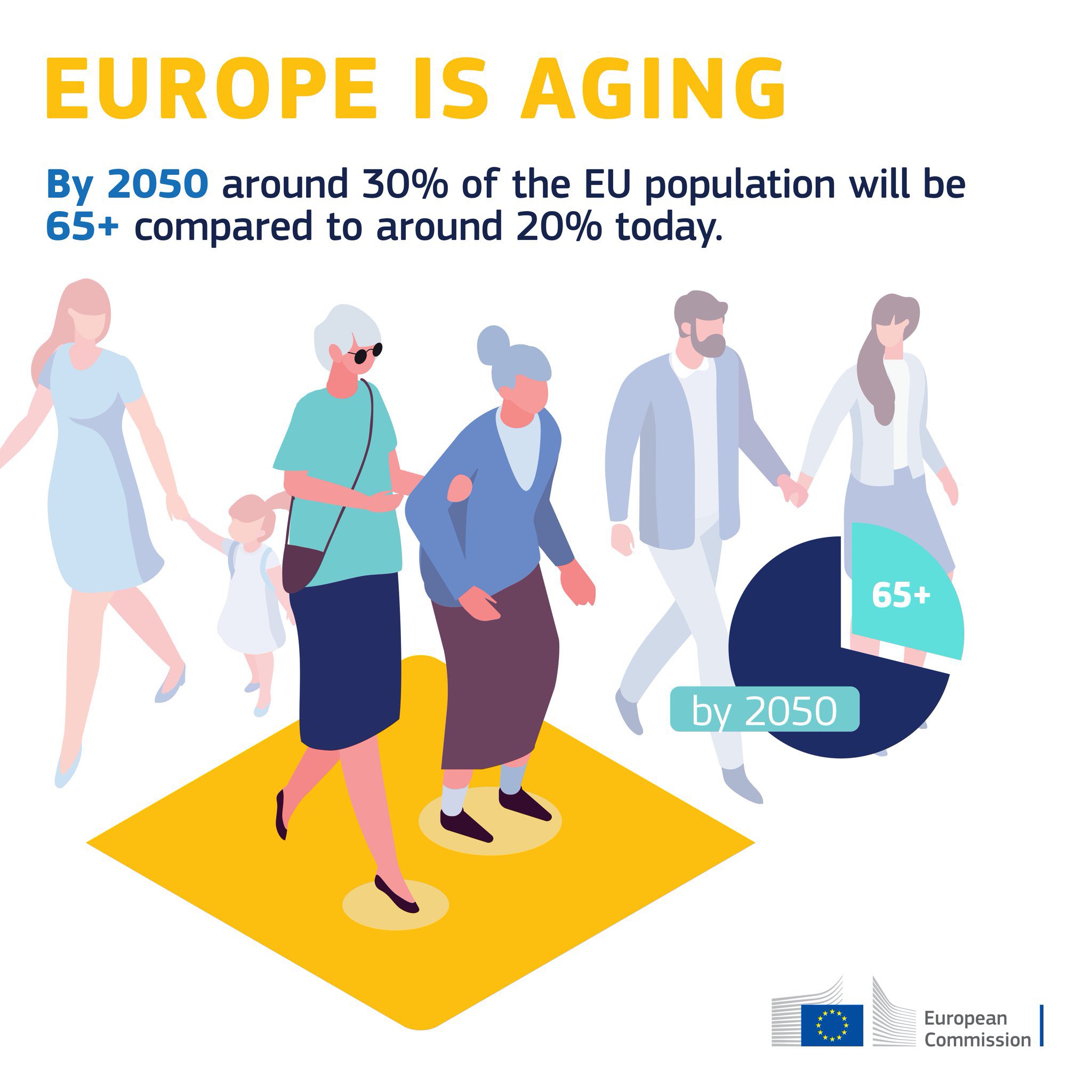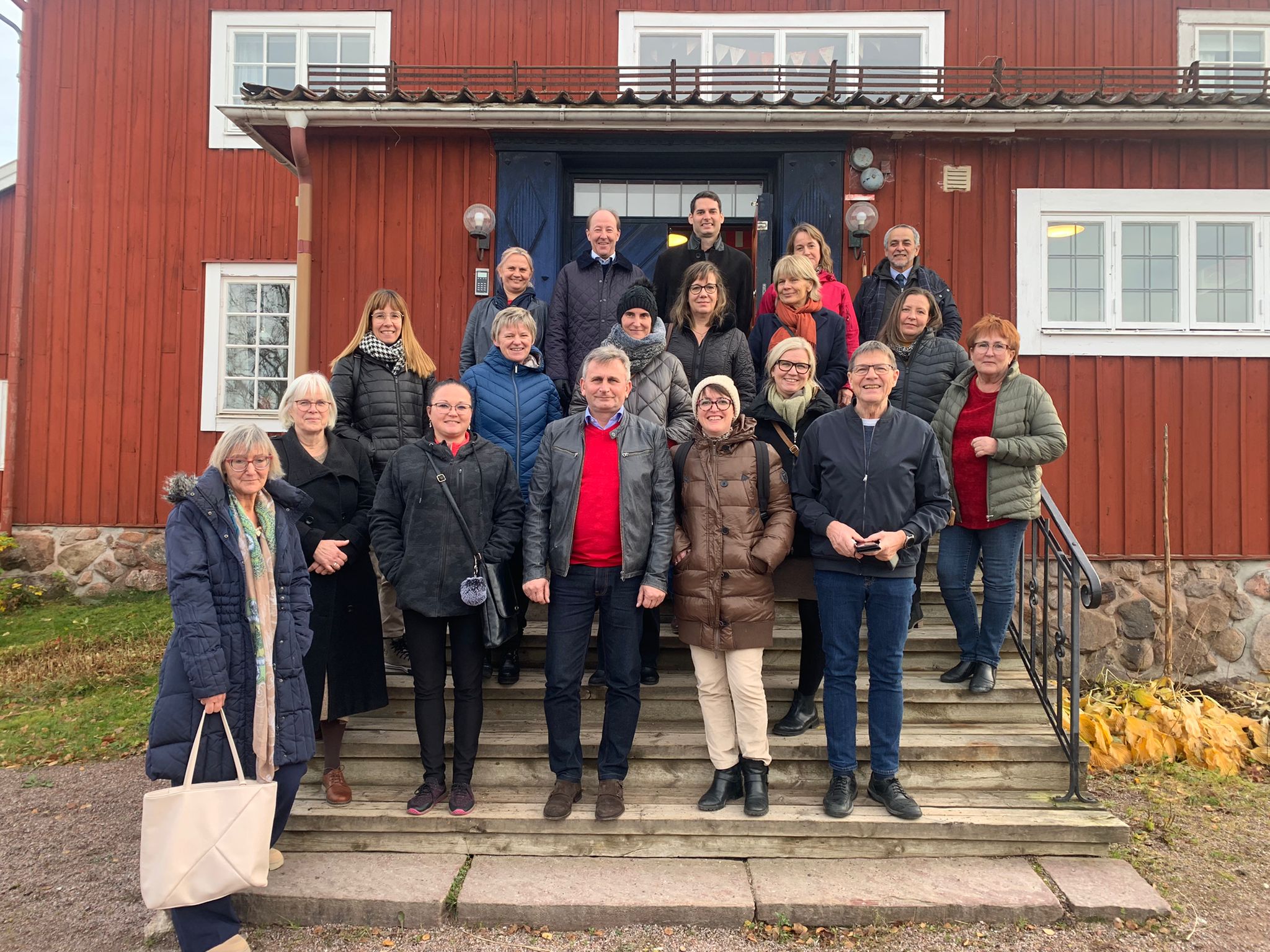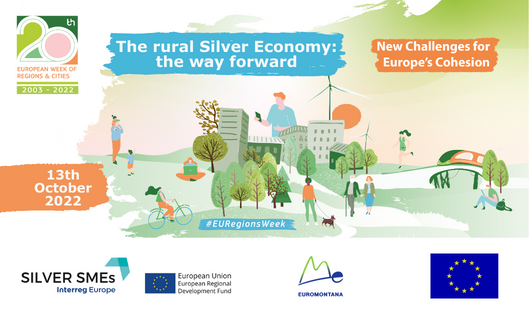Ageing was on the agenda of the European Week of Regions and Cities, the annual event where regions and cities showcase their experiences, capacities and best practices, organised online in October 2020. This event was an opportunity to discuss the issue of ageing in Europe, in light of the European Commission’s Report on the Impact of Demographic Change and of the additional challenges brought by the COVID-19 crisis.
Insight from a rural and sparsely populated area
José Tomé Roca, President of the Lugo Province, Spain, presented how the Province is working with municipalities to improve the quality of life of older adults. In this rural Province, all municipalities count less than 2.000 inhabitants and 29% of the total population is over 65. Most of older adults in the Lugo Province live in rural areas, some of them also being sparsely populated territories. Providing quality services is therefore essential yet difficult.
Social and care services are managed both by autonomous communities at regional level and by provinces and municipalities at local levels. In this rural Province, municipalities and their town halls are often the first contact point for local populations, including for older adults; but most of them don’t have enough resources to provide high quality services.
The Province is thus using the European Social Fund to provide training to caregivers working with older adults. Though trainings caregivers learn how to better assess the needs of elders and respond to them. Sport activities and digital literacy workshops are also organised. In addition to trainings for retirement houses’ caregivers, the Province also set up at 24h/24 phone emergency assistance in order to support older adults at home in this remote area.
Co-creation to meet the needs of older adults
Different speakers also stressed the importance of co-creation processes to really understand and address the needs of older generations. In the Land Burgenland, Austria, a comprehensive survey was for instance carried out by the regional government. 10.000 older adults answered the questionnaire – which aimed at better designing the region’s long-term care plan. One of the key finding is that 98% of the older population prefer to stay at home and in their own living environment , an information that provides food for thought to adapt the measures of the region’s plan, said Leonhard Schneemann, Member of the Regional Government of Burgenland.
A process that was also welcomed by Andrea Caprini, Councillor for Welfare at Mantua Municipality, Italy, and partner of the project WILL (Welfare Innovation Local Lab). This project aims at experimenting new practices to improve local welfare. In the Province of Trieste, Italy, for instance, 28% of the population is over 65 and 1/3 of older adults live alone. For this reason, local authorities want to improve prevention paths and promote well-being, healthy and active ageing. One of the objectives to reflect on the review of the local monitoring and assistance system as well to increase prevention against loneliness in local media. The WILL project is supporting local authorities in these processes in order to better map local problems, set up experimentations, involve citizens in the creation process to globally improve welfare.
This session from the EU Regions week provide meaningful food for thought to build the regional Action Plans for our SILVER SMEs partners; it provides more examples from rural areas and inspiration on how to involve older adults in the governance. Yet, demography and ageing topics were only treated from the health dimension and targeting depending and fragile older adults – which is a restricted picture of the older population in our rural areas.
For more information, you can refer to the presentations from speakers of the session 'The European challenge of active ageing post-COVID-19' and watch the recording of the event.




